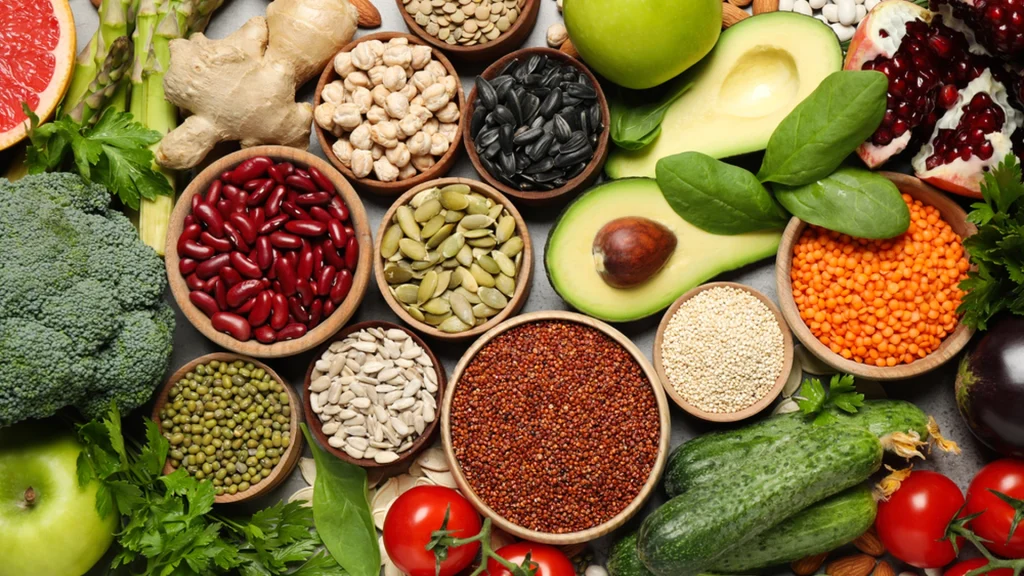From Heart Health to Better Sleep
Others are reading now
This special seed is a nutrient-dense snack with numerous health benefits, making them a popular choice for those looking to enhance their well-being.
These seeds are packed with essential nutrients like healthy fats, proteins, fibers, vitamin E, selenium, copper, folic acid, iron, and zinc, which contribute to their impressive health-promoting properties.
Who would have known those little grey seeds – the sunflower seed – could contain all that?
Regular consumption of sunflower seeds can support weight management due to their high fiber content, which slows digestion, increases satiety, and helps curb appetite, according to El Economista.
Also read
Their substantial protein levels make them an excellent choice for boosting muscle mass, aiding in muscle repair and growth.
Furthermore, the seeds are rich in mono- and polyunsaturated fats, commonly known as “good fats,” which help regulate cholesterol levels and protect cardiovascular health.
The fiber in sunflower seeds also promotes healthy digestion, making them a natural ally against constipation.
They are a great source of energy, offering nutrients that combat fatigue and improve vitality. Sunflower seeds are equally beneficial for the skin, thanks to their vitamin E content, which nourishes and rejuvenates the dermis, contributing to a healthier appearance.
Anxiety reducing?
Additionally, the magnesium and tryptophan found in these seeds support the production of serotonin, helping to reduce anxiety and improve sleep quality.
Sunflower seeds can be enjoyed in various ways, such as a standalone snack or an addition to salads, smoothies, yogurt, or baked goods.
For optimal health benefits, it is recommended to consume unsalted seeds and limit the portion to about 30 grams (a quarter cup) daily.
While rare, excessive consumption may lead to allergic reactions in some individuals, with symptoms such as skin irritation or swelling.
By including sunflower seeds in your diet, you can enjoy their myriad health benefits while savoring their delicious taste and versatility.


